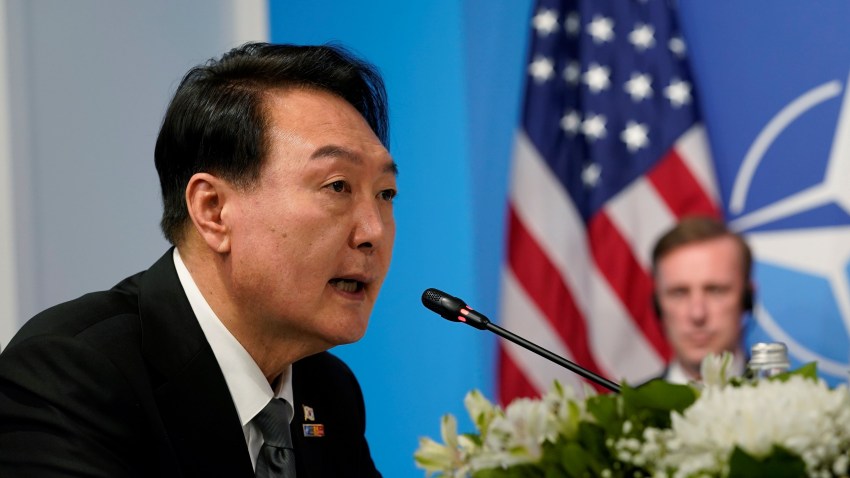South Korea’s liberal opposition scored a landslide victory in legislative elections Wednesday, with the Democratic Party projected to secure 175 out of 300 seats in the National Assembly and an upstart splinter liberal party expected to take another 12. The results deal a severe blow to President Yoon Suk Yeol, with several senior government and party officials, including the PM, offering to resign following the defeat. (The Guardian)
Our Take
For an international audience, particularly in the U.S., South Korean politics are often seen through the prism of Seoul’s foreign policy orientation, specifically the government’s posture toward North Korea and its relations with Washington. As a result, Yoon has been viewed positively in Washington because he has explicitly aligned South Korea with U.S. policy preferences, including by taking a harder stance on North Korea and China, and working to bridge historical divides with Japan that worsened under his predecessor.
But that view often masks the situation domestically in South Korea, where politics remain bitterly polarized and increasingly fractious. As we mentioned in our election preview, Yoon won the presidency two years ago by a razor-thin margin and continues to suffer from low approval ratings. Recently, his anti-corruption image, which he built as prosecutor general under the previous administration, has been undercut by a scandal involving his wife.

